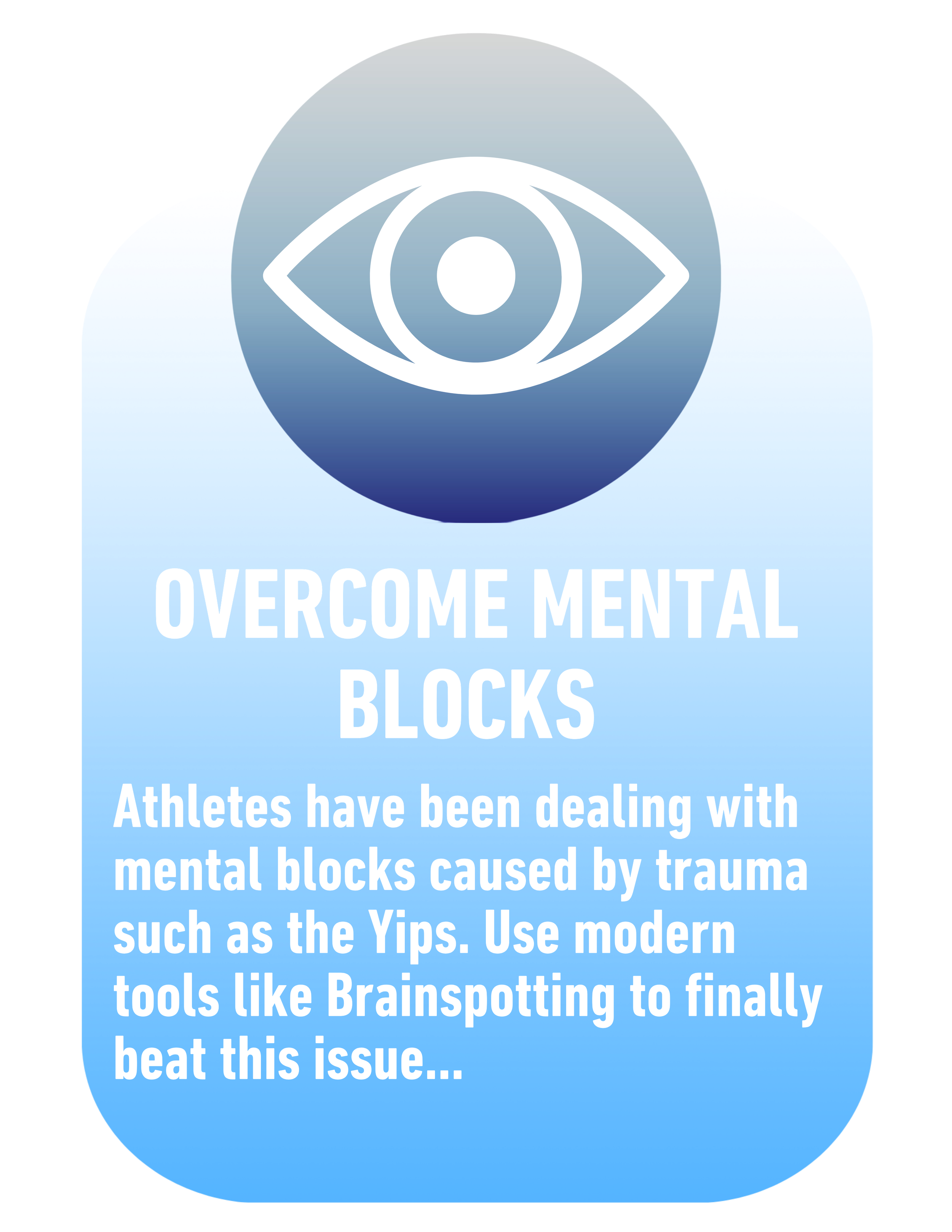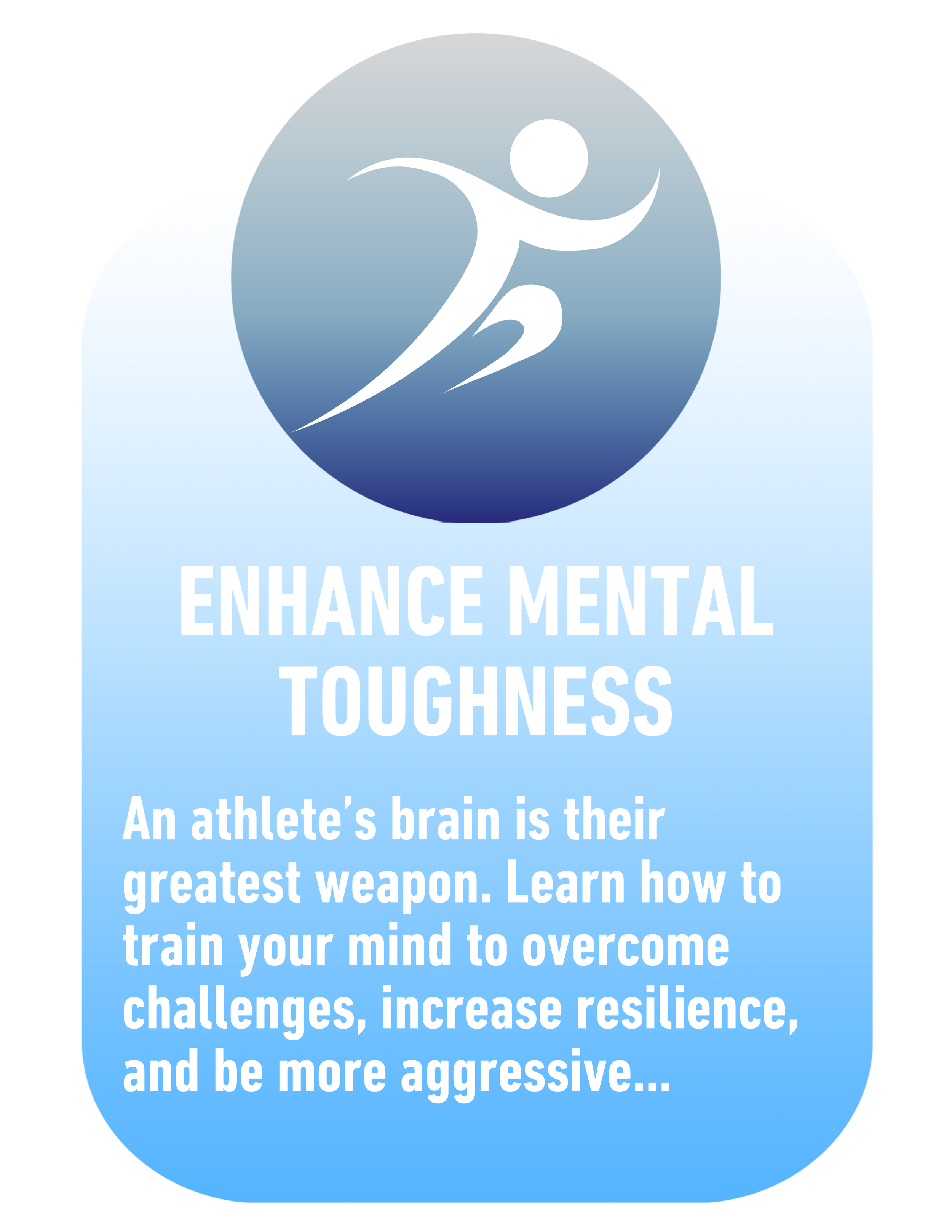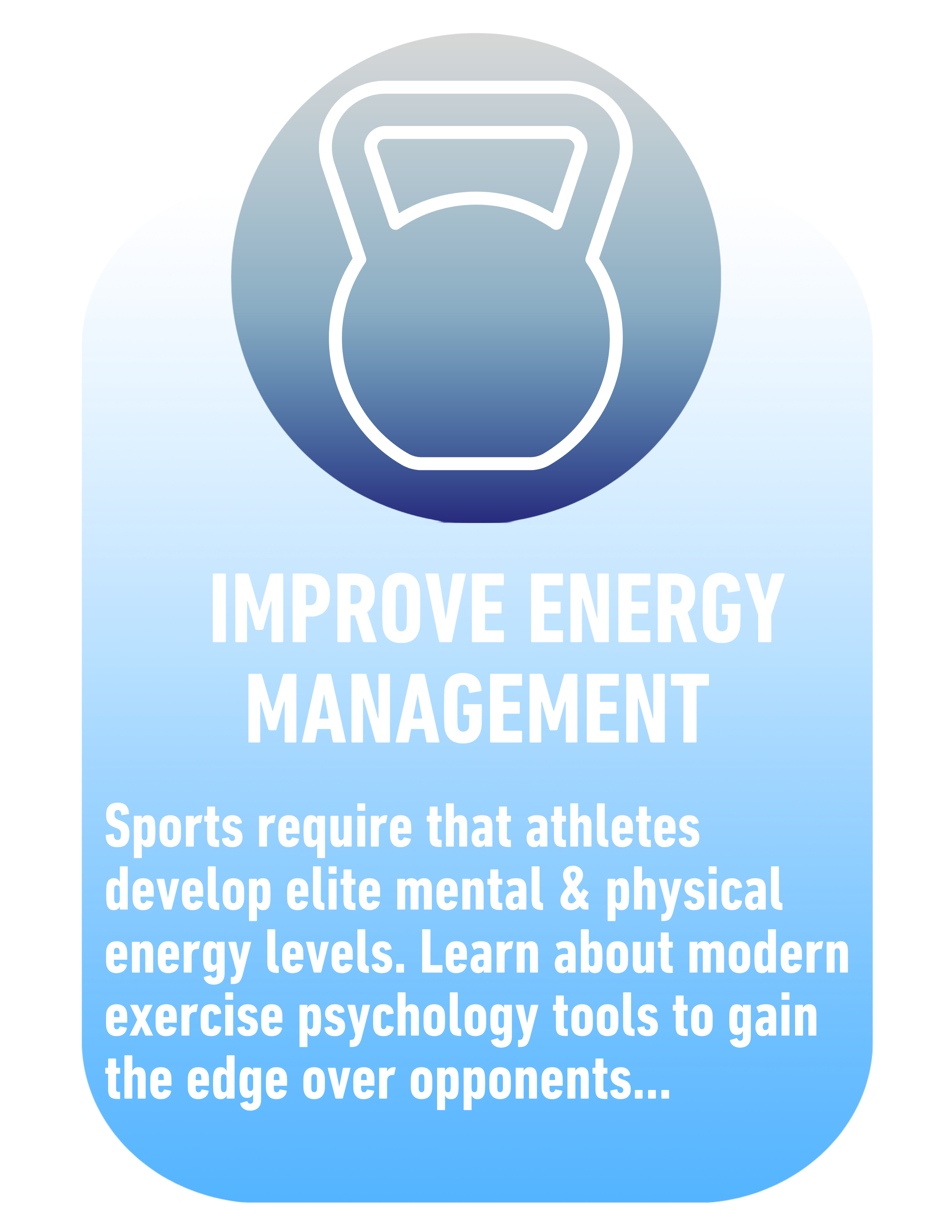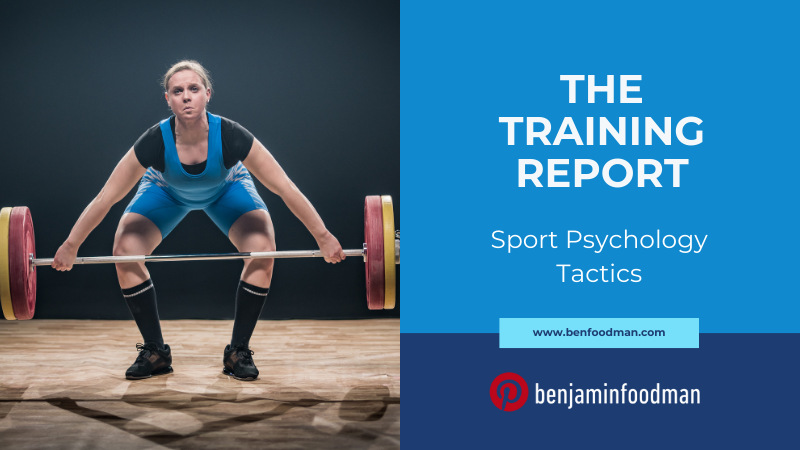Sport Psychology Case Studies - Mental Performance Coaching For Racecar Drivers, Not Therapy
About the Author
Ben Foodman is a licensed psychotherapist & performance specialist. He owns his private practice located in Charlotte North Carolina where he specializes in working with athletes to help them overcome mental blocks (the yips), PTSD, ADD / ADHD and achieve flow states through the techniques of Brainspotting & Neurofeedback. If you are interested in services, use the link here! Enjoy the article below!
Table Of Contents
Introduction: The Difference Between A Mental Coach & Therapist For Racecar Drivers
Part I. A Racecar Driver Case Study On How Ben Provides Mental Coaching
Part II. Applied Experience For Racecar Driver Mental Skills Training
Part III. Why Having A Mental Coach Is Critical For Racecar Driver Success
Part IV. The “Before & After” Effects Of Mental Skills Training For The Racecar Driver
Disclaimer: The personal information of this athlete has been changed to protect their identity and the content from this study has been approved by the athlete for disclosure. The situations described in this case study are common experiences this athlete population experiences and is meant to provide insight into what Ben’s approach looks like.
Introduction: The Difference Between A Mental Coach & Therapist For Racecar Drivers
The significant portion of racecar drivers (if not the majority of racecar drivers) do not need a mental health therapist or a sport psychologist. But ALL racecar drivers need a mental performance coach. Based on my 7 years of experience working in professional motorsports industry having worked with athletes that compete in karting, dirt racing, NASCAR, IMSA, WEC, WRC, and Rallycross, what I have found is that before these athletes begin working with me, they are often confused about the difference between a mental coach versus a licensed mental health therapist (e.g. sport psychologist, social worker, etc.). Because this is such a common issue, I wanted to take the time to provide a case study about why this distinction is important.
Because I am able to offer both clinical mental health therapy AND mental performance coaching, I am considered a subject matter expert on this difference and want to explore my work with a racecar driver I worked with in 2019. For the first part of this case study, I will introduce a NASCAR driver I began working with who was competing in the Xfinity series. For the second part I will explore how the mental coaching I was providing this athlete was different than mental health services I offer. Next, I will review specific mental skills training approaches I used with this driver, why it was important for his performance outcomes, and finally I will explain why all racecar drivers regardless of the level of competition need someone like me in their corner.
Part I. A Racecar Driver Case Study On How Ben Provides Mental Coaching
Shawn was referred to me by his agent in 2019. When Shawn’s agent reached out, he explained to me how Shawn always “seemed in his head”. After races, Shawn always had the outward appearance of being negatively affected by the outcomes of races, but when everyone on his team asked him how he was doing, Shawn said he was just fine and that everyone was blowing things out of proportion. Even more concerning was the fact that Shawn was not taking his training seriously. He never engaged in strength training, cardiovascular conditioning, heat training and was late to all of his meetings with flimsy excuses. Making matters more difficult was the fact that Shawn’s agent told me that Shawn was completely against seeing me and was feeling forced to attend our first meeting. Nonetheless, Shawn showed up for our first appointment despite his protest. When Shawn came in, he was polite but reserved in terms of the information he was willing to share with me. He stated “you seem like a nice guy, this is nothing against you, I am sure you help lots of athletes, but I really am fine. I don’t feel like I need to be here, I feel great”.
I asked Shawn if he thought he was here for therapy. Shawn responded that he wasn’t sure what he was seeing me for, but that since he thought he was seeing a “sport psychologist” he assumed it was because everyone thought something was wrong with him. This is a typical response that I get from athletes which demonstrates their confusion with the industry of sport psychology. “Understood, you thought you were here to see me because everyone is telling you that there is something wrong with you and that you need to see me to get ‘fixed’. That’s a common misconception people have about me. Therapy is when you get healing or need to process emotions or thoughts that are affecting your ability to function. Mental coaching is helping athletes optimize their focus, aggression, and reaction time in order to create peak performance outcomes. I am not here to do therapy with you, I am here to do mental coaching”. Shawn then responded politely by asking me “what is your personal experience actually driving a stock car”. I responded that I had absolutely no personal experience racing but then asked him if his nutritionist also needed to have experience racing.
Part II. Applied Experience For Racecar Driver Mental Skills Training
Initially, most racecar drivers are somewhat skeptical working with me because they believe that if I do not have applied experience driving a racecar, then I would not be able to help them mentally perform. As I previously mentioned, this would be like demanding that your nutritionist have experience driving in the Xfinity series…your nutritionist doesn’t need to have experiences driving a car to determine what you are going to need to eat before a race. I explained to Shawn that the human brain does fairly predictable things during a NASCAR Xfinity race (and all racecar series for that matter). I explained to him how the human brain first processes somatic information in the subcortical brain to determine how secure or insecure the surrounding environment is. Depending on how much you psychologically train your mind to become resilient to the environment, stress will determine how well you are able to focus. “You want to train your mind to become comfortable with the discomfort”. Shawn became interested and was open to hearing what suggestions I had for him to psychologically improve his driving performance.
The first place we started was going through my standard assessment. I reviewed Shawn’s daily habits in terms of his training, his commitment to sleep, and how he scheduled his professional and personal obligations. At the end of the assessment, I stated to Shawn that while there was no question that he had a strong desire to be successful in his sport, like many of the athletes at his level he did not understand the difference between being a paid athlete versus being a professional athlete. He needed to learn how to be a professional. I explained to him that it wasn’t enough to just show up ‘on time’ to meetings. He needed to start becoming a master at the small things to achieve his goals of one day becoming a top tier Cup series driver. He needed to mentally commit to showing up at least 10 minutes early to all of his appointments. Afterall, if he couldn’t do that, then how was he going to execute complex tasks at the next level? I then explained that because his body had such poor conditioning, his brain would not be able to focus on complex tasks in the cockpit since his mind was preoccupied with his body feeling over-heated or fatigued early into the race. We discussed in-depth how he needed to change his physical training habits.
Finally, we began discussing the importance of having a Time Control Plan (TCP) on race day, and a pre-performance routine unique to practice, qualifying and before the start of the race. We explored how he needed to speed up his urgency during practice and try to get into a rhythm faster so that way he didn’t need as long during practice to get ‘warmed up’. I made the analogy of being at a Go Kart track and initially assessing that he needed 4 laps to get warmed up, and instead he should challenge himself to only need 1 lap. We then discussed a pre-performance routine that would be unique to his needs in terms of how he wanted to feel prior to qualifying. During my assessment, he communicated to me that normally he would just leave the hauler and go straight into the cockpit with no mental warm up. He stated, “I don’t really have time to go back to the hauler to do a routine”. I then reviewed with him things he could prior to entering the cockpit even if it was well before qualifying and things he could do in the cockpit. We then discussed the importance of making strategic decisions such as when it was appropriate to drive aggressive versus driving not to lose.
Part III. Why Having A Mental Coach Is Critical For Racecar Driver Success
After our initial appointment, Shawn was more open to returning to see me. He was interested in my suggestions and wanted to see if our work would actually be helpful for him during races. Shawn would come in for appointments once a week on a weekly basis. Usually, every other appointment I would go meet with him at Trackhouse Motorplex to work with him on the skills that we discussed during Karting sessions and then on the alternating weeks he would come to my office in Huntersville where we would discuss his progress. During the office sessions Shawn would come in and I would either teach him a new skill and discuss it in-depth with him to make sure he understood it, or he would ask me questions about how to handle certain situations. He would either ask me questions about what he should focus on during certain situations of a race, how to reduce overthinking, or how to handle drama that was occurring on his team.
During my time with Shawn, his team paid for me to attend 2 races with him. In the first race I went just to observe how he managed his time throughout the day. In the second race I attended I was more active in how I coached him. This included meeting him in the hauler to give him my observations, and listening on the radio during practice, qualifying and competition to assess how well he was communicating with his spotter and crew chief. We would then debrief where he needed to improve during our in-office sessions in Huntersville. Initially, I told Shawn to be open to working with me for 6 months on a weekly basis, once a week. I told him that if he committed to my recommendations that he would see improvement in his driving skills and overall performances. At the conclusion of the 6 months, Shawn went from averaging 20th place finishes to consistent securing top 15 finishes and was having his best year qualifying.
At the end of the 6 months, while Shawn didn’t need to come and see me, he saw the benefit of retaining me on his team. He knew that with his busy schedule, his media demands and other obligations, he would need me to provide ongoing coaching and help him manage and track his training throughout the season. We ended up spacing out our appointments from one time per week, to once every two weeks. Shawn was an example of an athlete I have worked with that came to understand that mental coaching is completely different from therapy. Shawn was able to see that when you are performing at the level of NASCAR, you need a team of specialists to accomplish peak performance goals. My job as his mental coach was NOT to teach him how to improve technically as a driver, that was the job of his driving coach. Like the other NASCAR, IMSA, WRC and Rallycross driving coaches I have collaborated with, Shawn’s coach and I still map out his training seasons to this day.
Part IV. The “Before & After” Effects Of Mental Skills Training For The Racecar Driver
Before Shawn came to work with me, he was not taking his training seriously and did not understand the difference between therapy and mental coaching. At the conclusion of our work, Shawn was arriving early to all of his appointments, was fully committed to his physical training and just as importantly his mental training. Shawn went from having unremarkable qualifying results to having several opportunities to winning pole position. Initially, we started our work off with an initial assessment and agreed to meet once a week on a weekly basis for six months to achieve his goals of increasing focus, aggression and discipline. We achieved Shawns goals because he felt that he exceeded our initial projections (he determined this through how confident he felt and through observational reports from his team on his behavior). Shawn ultimately decided to continue working with me but on a much less frequent basis. Regardless of the level of racing you are involved in (or even the sport you participate in), if you would like to learn more about my services, scroll below for more information!
HOW DOES BEN HELP ATHLETES?
WHAT ARE COMMON ISSUES ATHLETES WORK ON WITH BEN?
HOW DO I START WORKING WITH BEN?
Use the contact form below to reach out to Ben to learn more about his services to see if he is the right fit for your goals!
Note To Reader:
If you are an athlete reading this segment of the TRAINING REPORT, hopefully this content was helpful! I put the Training Report together because I felt like many of the discussions on issues such as the Yips/mental blocks, strength training & other subject matter on athlete performance concepts were really missing the mark on these ideas (e.g. how trauma is the direct cause of the Yips). If you are interested in learning more, make sure to subscribe below for when I put out new content on issues related to sport psychology & athlete performance! Also, if you are looking to work with a mental performance specialist, you are in the right place! USE THIS LINK to reach out to me to see if my services are the right fit for your goals!
ARE YOU ON THE LIST?
Make sure you’re signed up to Ben’s mailing list to receive news & updates on new strategies in sport psychology, upcoming workshops & products. Don’t wait, sign up now!




























































































